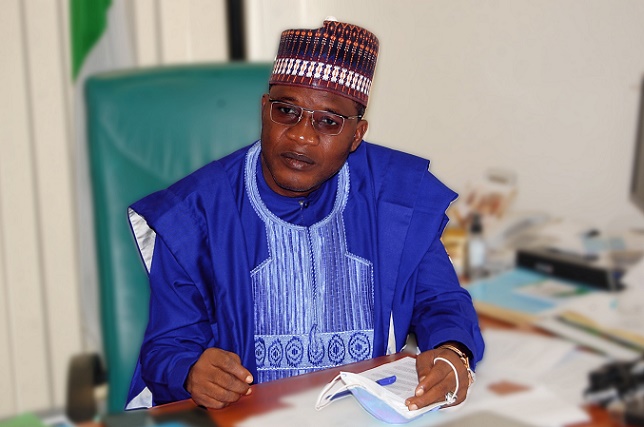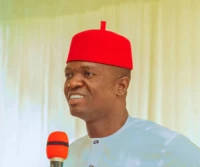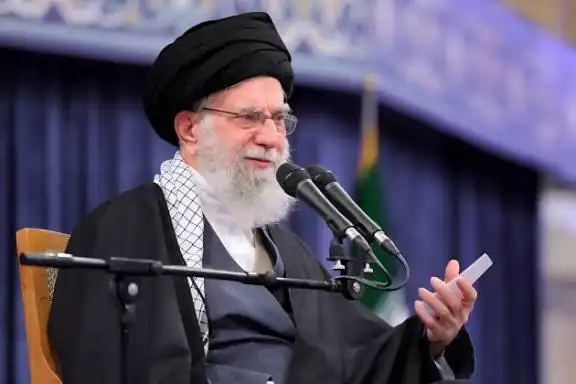Hon. Abdullahi Ibrahim Halims, Deputy Majority Leader of the House of Representatives, has confidently declared that Okura State, a proposed entity currently under legislative review, will soon become a reality. Representing the Ankpa/Omala/Olamaboro Federal Constituency in Kogi State, Halims addressed critics of the state creation initiative during an interview in Abuja on Wednesday, March 5, 2025. Dismissing detractors as lagging “kilometres behind,” he asserted that the process adheres strictly to constitutional mandates, paving the way for a new state to serve the Igala and Bassa-speaking people of Kogi East.
Halims acknowledged the wave of skepticism surrounding Okura State and other proposed states, a topic that has sparked debate across Nigeria. He shrugged off the criticism, suggesting it stems from a limited understanding of the legislative process. “Everyone is entitled to their opinion,” he remarked, “but we’re focused on the law and progress.” He emphasized that the push for Okura State is not a reaction to marginalization—a narrative floated by some—but a strategic move for development. Halims pointed out that Kogi East, historically significant as an early kingdom, deserves statehood akin to its contemporaries.
The lawmaker hailed the Okura State bill as one of his proudest legislative achievements, noting it has already advanced halfway through the required steps. “Law is law,” he said, addressing doubts fueled by past failed attempts. “We’ve made significant strides—about 50% complete—and we’re committed to meeting every constitutional benchmark.” Halims underscored that the initiative transcends tribalism or political zoning, instead aiming to shorten governance rotation cycles and unlock opportunities for the region’s people. He cited the Igala’s 16-year leadership in Kogi State as evidence that the demand is rooted in progress, not grievance.
The Okura proposal is part of a broader surge in state creation efforts, with nearly 30 bills under consideration at the National Assembly. Halims’ confidence reflects a growing momentum, bolstered by his legislative influence and a meticulous approach to legal requirements. He rebuffed concerns from some Idoma-speaking communities in Kogi, urging patience and trust in the process. “By God’s grace, we will get there,” he affirmed, projecting optimism for a successful outcome.
For Kogi East residents, Okura State promises enhanced representation and development, potentially reshaping the region’s political and economic landscape. As Halims and his allies press forward, the initiative tests Nigeria’s capacity to balance historical legacies with modern governance needs. Whether Okura emerges as a new state hinges on navigating the remaining legislative hurdles, but Halims’ resolve signals a determined push to redraw Nigeria’s map—one state at a time.










Is creating Okura State feasible or just a political stunt? Skepticism is valid, but lets keep an open mind!
I dont get the skepticism. Okura State could bring development. Lets give it a chance! Excited to see how it unfolds.
I dont get why theres skepticism about Okura State creation. Change is good, right? Lets give it a chance!
I think the Deputy Majority Leaders push for Okura State creation is bold, but is it practical amid skepticism? Lets discuss!
I dont get why creating a new state is necessary. Is it really the best use of resources? Just my two cents.
Im not convinced on Okura State creation. Whos with me? Lets discuss the skepticism! Are we missing something here?
Do we really need another state? Lets focus on improving existing ones first. #Priorities #DebateTime
Interesting take on creating Okura State. But is it really necessary? Lets discuss over some virtual coffee!